Saudi aggressors looking for escape from Yemen quagmire: Minister
Yemeni Defense Minister in the National Salvation Government, Major General Muhammad Nasser al-Atifi, says Saudi Arabia and its allies involved in the ongoing war on country are searching for ways to get out of the Yemen quagmire.
“The coalition of aggression member states are going through miserable conditions, and are now looking for a way out of Yemen quagmire,” Atifi said in an exclusive interview with Yemen’s al-Masirah television network on Friday evening.
“We have the information and coordinates that give us the opportunity to vigorously challenge the coalition of aggression, and to enrage Riyadh, Washington, London, Paris and Tel Aviv. They will find nothing other than a retaliatory attack as long as their aggression persists.”
The high-ranking Yemeni military official pointed out that the Saudi-led military alliance does not want to concede defeat in its campaign against Yemen, noting that those who dragged the Riyadh regime and its allies into the aggression are now looking for their escape in a face-saving manner.
US reports say American leaders have realized that the kingdom is waging a losing war in Yemen and want Washington to desist from the conflict.
Washington-based conservative defense policy think tank the Jamestown Foundation says, “Saudi Arabia’s intervention has achieved none of its aims. The Houthis (a.k.a. Ansarullah) and their allies are now, more than ever, the preeminent military power in Yemen. At the same time, Ansarullah fighters who absorbed many of the Yemeni Army’s most capable officers and engineers have further developed their ability to build and launch a range of missiles, rockets, and drones."
“Thus, the Houthis’ influence and grip on northwest Yemen must be dealt with politically, if it is to be dealt with at all," the US think tank noted.
It added that, “Saudi Arabia’s slow realization that it must end its direct involvement in the war along with unfavorable shifts in US foreign policy are driving it to taper support to its proxies in Yemen.”
"Saudi Arabia is keener than ever to extricate itself from its costly involvement in Yemen. Saudi Arabia’s intervention in Yemen has cost the Kingdom several hundred billion dollars (at one point the Saudis were spending five billion dollars per month on their war in Yemen),” the Jamestown Foundation wrote.
Atifi highlighted that Yemeni armed forces and fighters from allied Popular Committees are currently battling Saudi-led mercenaries and militants loyal to Yemen's former president, Abd Rabbuh Mansur Hadi, in dozens of fronts, including central Yemeni provinces of Ma’rib and al-Bayda, southern provinces of Ta’izz and Dhale, northern province of al-Jawf as well as strategic western province of Hudaydah.
“Ma’rib is a Yemeni province and it must be liberated, as is the case for all regions of the Republic of Yemen,” he said.
“Whenever Yemeni armed forces score a field victory, there is a hue and cry among world states for various reasons, including fear for oil supplies… Whilst the [military] options of the coalition of aggression are narrowing, ours are expanding. We have a strategy dubbed ‘Immense Pain’ and are ready to implement it at any time,” Atifi pointed out.
Elsewhere in his remarks, he highlighted that the Yemeni armed forces have made great offensive and defensive achievements over the past six years, stressing that the forces can now manufacture a wide array of armament, ranging from light to heavy weapons, ballistic and winged missiles, combat drones as well as air defense and naval systems.
He went on to say that Americans and Saudis have on occasions conspired against and destroyed Yemen's defense capabilities, namely the destruction of the country’s air defense systems during the reign of slain Yemeni president, Ali Abdullah Saleh.
“Back in the year 2013, we were invited to a session with then Military Restructuring Committee. The committee was American-Jordanian, and insisted on collecting information about missile units that I was in command of at the time,” Atifi underscored.
“We had another meeting with the same committee in August that year. During the meeting, they focused on missiles at our disposal and their readiness.”
“After the September 21 Revolution (the 2014 popular uprising that toppled the Saudi-backed Hadi’s government), we put our missile systems back into service, developed them and manufactured new missiles – some of which have already been used while others are yet to be unveiled,” the Yemeni defense minister said.
Yemeni killed, 7 others injured in Saudi airstrikes on Ma’rib
A civilian lost his life and seven others sustained injuries when Saudi war planes conducted airstrikes on a residential area in Yemen’s Ma’rib province.
Local sources, requesting not to be named, said the warplanes struck Faj Naqaa area in the Rahabah district. There was no immediate report about possible casualties and the extent of damage caused.
Over the past few weeks, Ma’rib has been the scene of large-scale operations by the Yemeni troops and allied Popular Committees fighters, who are pushing against Saudi-sponsored pro-Hadi militants.
Saudi Arabia, backed by the US and its other regional allies, launched the devastating war on Yemen in March 2015, with the goal of bringing the government of Yemen's former president back to power and crushing the popular Ansarullah movement.
The Yemeni armed forces and allied Popular Committees have, however, gone from strength to strength against the Saudi-led invaders, and left Riyadh and its allies bogged down in the country.
The Saudi-led military aggression has left hundreds of thousands of Yemenis dead, and displaced millions of people.
It also destroyed Yemen's infrastructure and spread famine and infectious diseases across the country.
‘All wars have rules. All of those rules have been broken’ by Israel
VIDEO | Report flags India’s violation of rights of Rohingya detainees
Turkey's foreign minister meets Syria's de facto leader in Damascus
'Next to impossible' to rescue patients from Gaza's Kamal Adwan Hospital: Director
VIDEO | Vietnam current prosperity
Report blames gasoil exports for shortage at Iranian power plants
VIDEO | Hind Rajab Foundation names Israeli war criminals vacationing after Gaza genocide
VIDEO | Australians rally for Gaza ahead of Christmas festivities





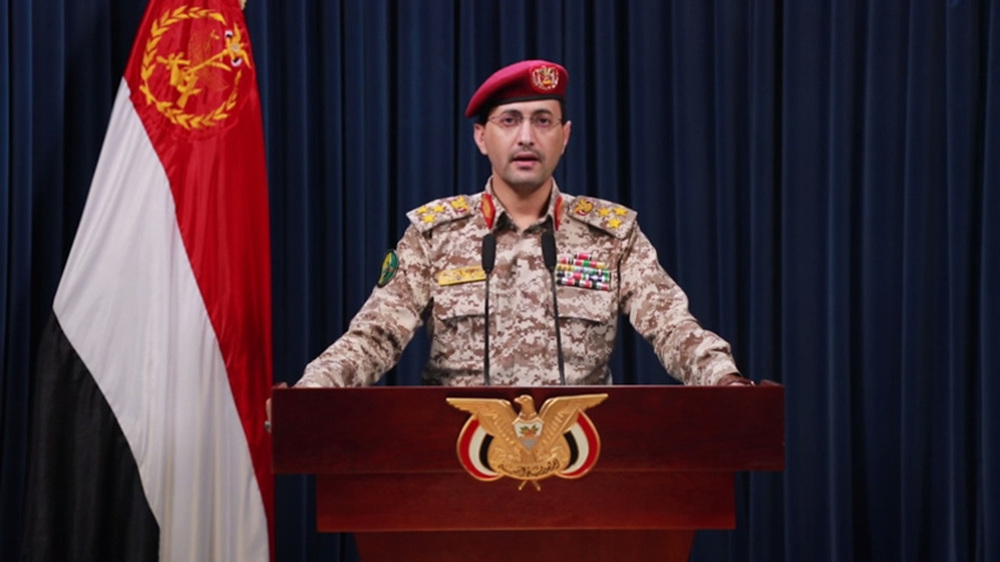





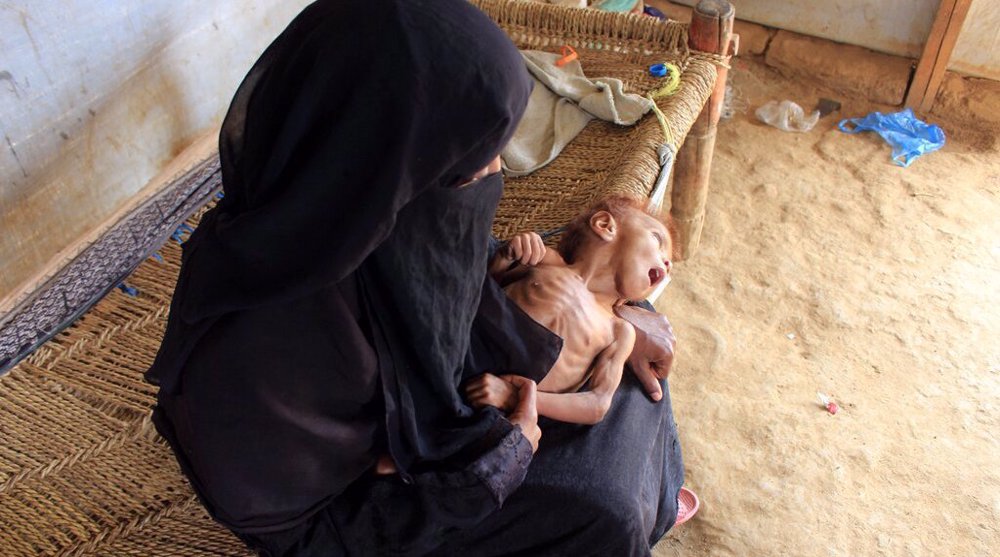
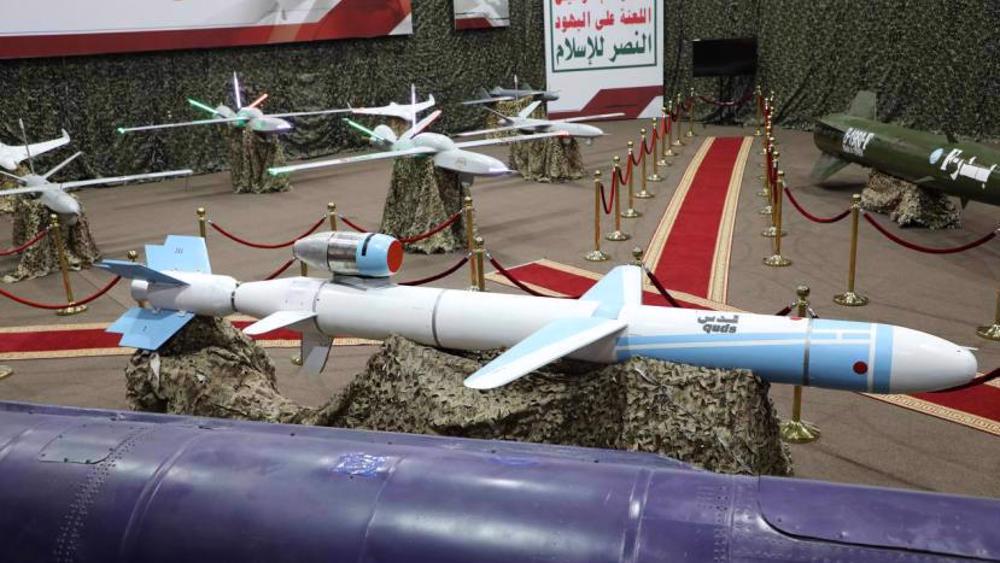
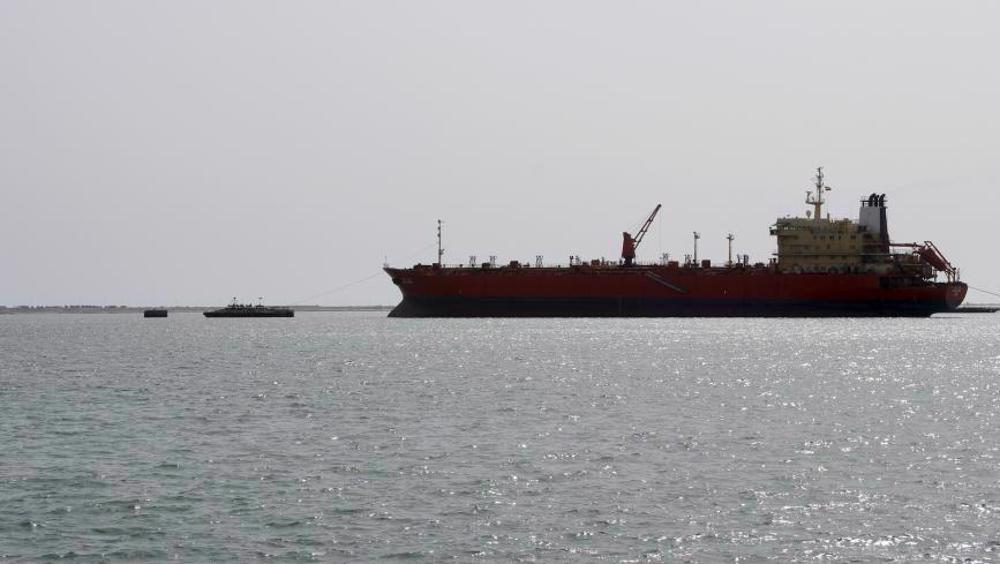
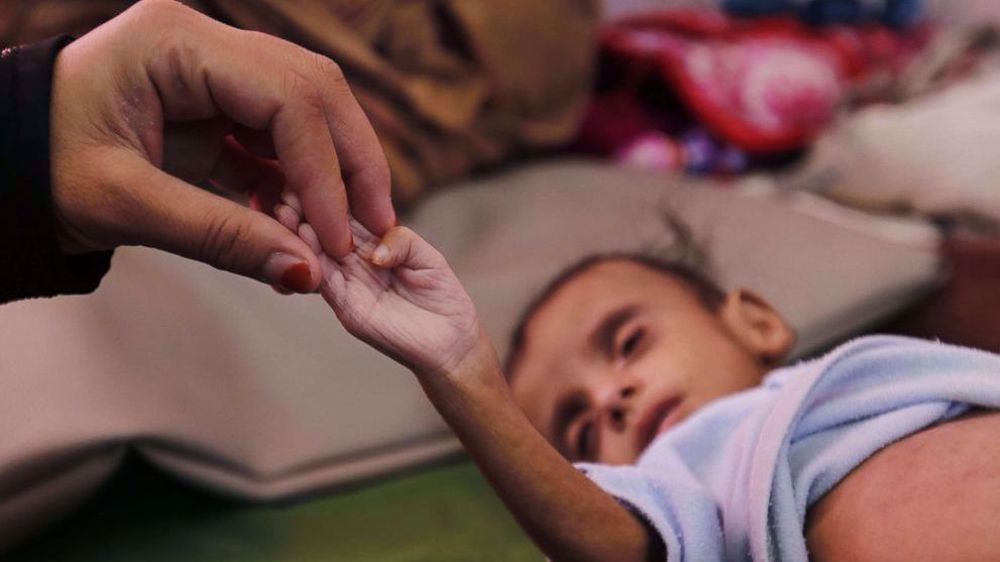
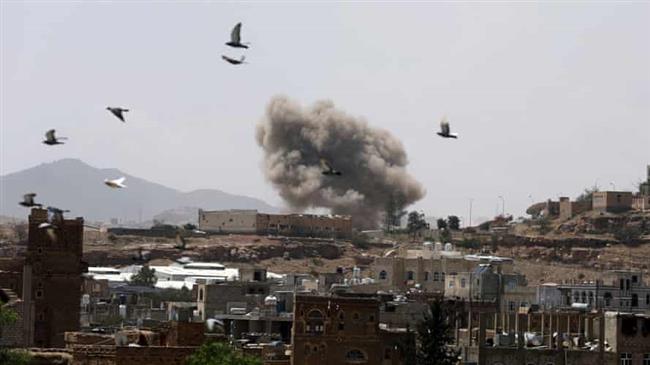
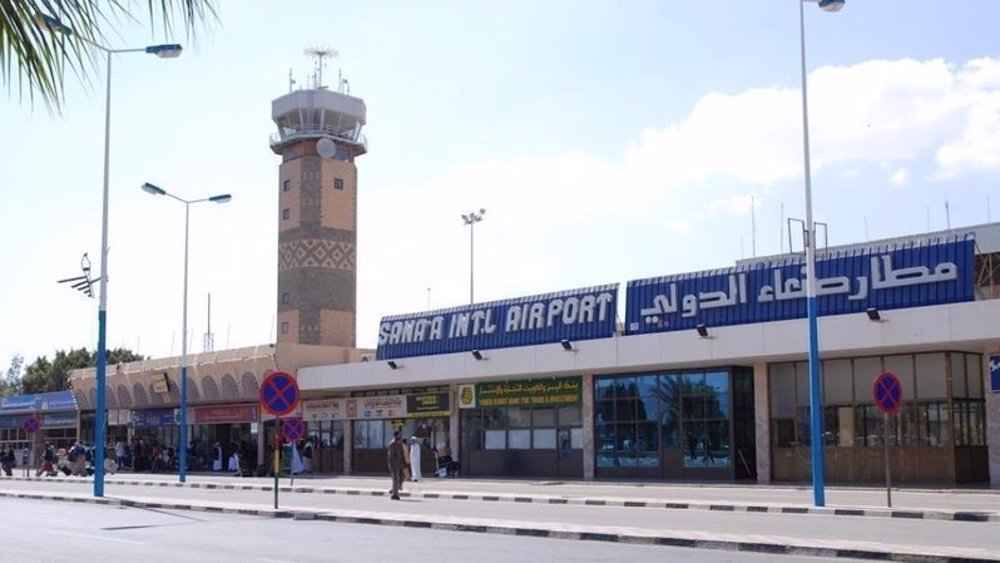
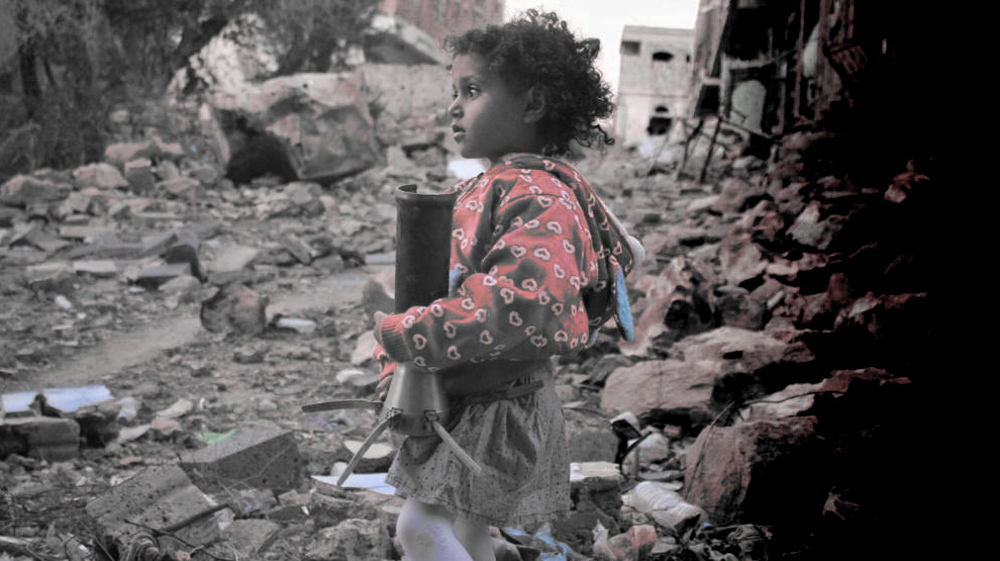

 This makes it easy to access the Press TV website
This makes it easy to access the Press TV website